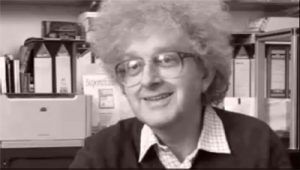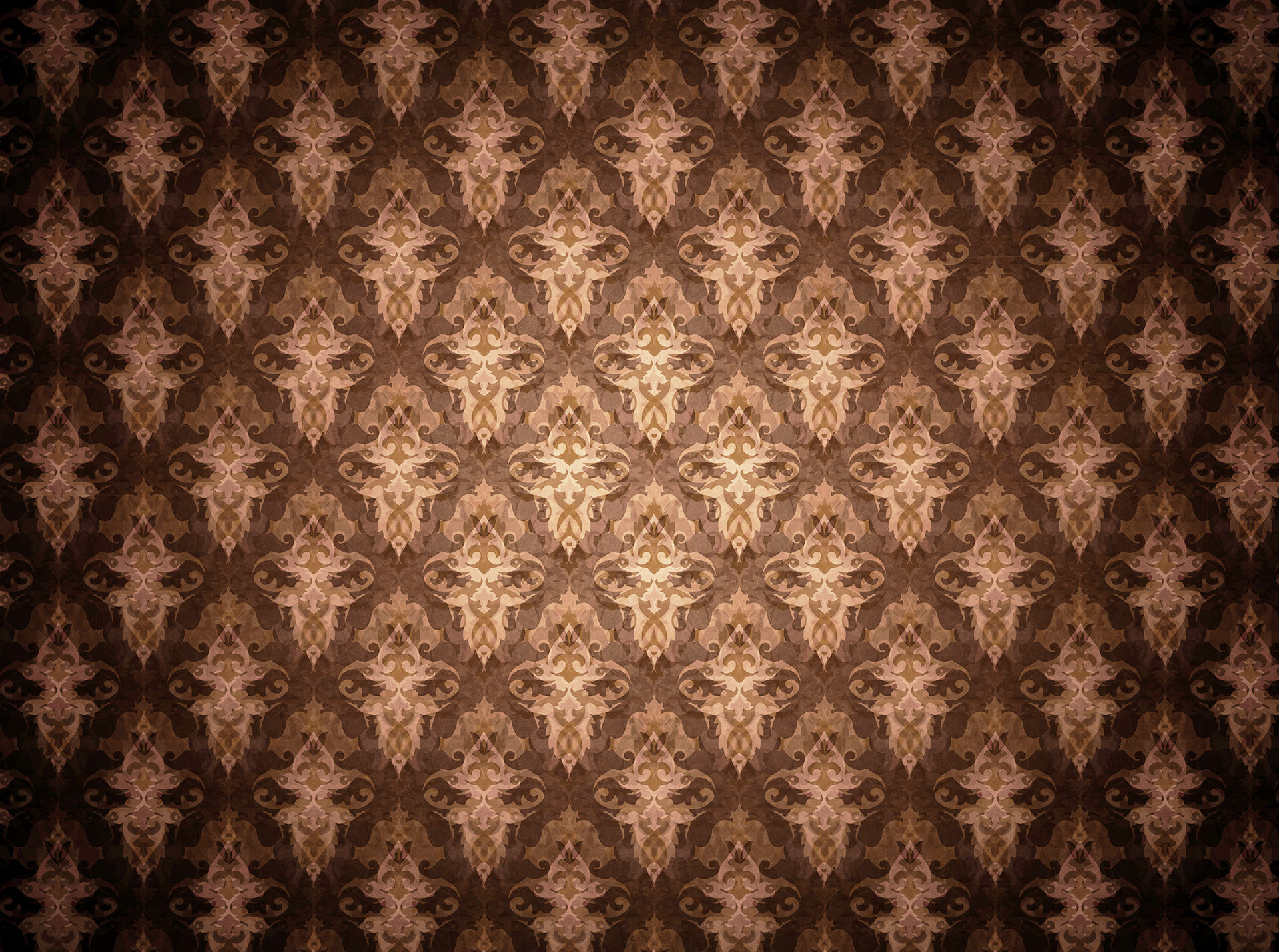Trans-dimensional Knowledge Forum!
I’ve spoken before about the two archetypes of Internet-based distance education: asynchronous (typically using message boards, email, etc., and allowing participants to contribute at times of their convenience) and synchronous (text or video chat, immersive environments, etc., which permit instantaneous communication and feedback, but require participants to adhere to a common meeting schedule like a traditional classroom). My interest is mainly in the latter, but there are awfully neat asynchronous environments being designed at OISE and elsewhere to plumb the affordances of time-independent communication, such as deep organization, refinement, and archival of ideas while the communities involved collaborate to build knowledge. We’ll be talking with Stian and Marlene Scardamalia at my research meeting in an hour or so about Knowledge Forum, which you can learn about quickly with Stian’s video, below.
A Demonstration of Knowledge Forum (v2) from Stian Haklev on Vimeo.
Read MoreThis isn’t your Father’s Supernova.
Danny from 2017: I came out of undergrad with a passion for (extremely) amateur astronomy and an interest in cool public atheists/sceptics like Richard Dawkins, PZ Myers, Sam Harris, and, as below, Phil Plait. I’m grateful for what they’ve taught me, but I gradually realised that I preferred my critical thinking in Sagan’s voice rather than Dawkins’, so I don’t follow this crowd nearly as much.
Still grumpy as heck about bad science in movies, though.
It looks like grudging enjoyment of the new Star Trek movie isn’t just for curmudgeonly jerks like me anymore, but I also got some pleasure out of watching for, identifying, and then riling at the bad science showcased therein.
(More constructively…) A good article, if you’d like a catalogue and readable analysis of the foibles by a sympathetic Trekkie may be found in the lair of the Bad Astronomer, Phil Plait. Dr. Plait is a lucid promoter of the public understanding of astronomy (and science generally), and Bad Astronomy may be worth a visit if you’re interested in knowing about things.
Galaxy-destroying supernovae indeed.
Read MoreElementary Education
As I’m now on the other side of my final paper for Recurring Issues in Higher Education, I’m hoping to get back into a regular posting schedule. My goal is one substantial post per week, starting now with one of the culprits for my slow scholastic progress: the eminently dilatory Periodic Table of Videos. Leave now if you’ve work to do and poor impulse control.
Chemistry was my weakest science in high school, and after grade eleven I really only bothered with it when I had to slog through the rudimentary organic chemistry unit in OAC Biology. I was reacquainted with it much more gently and palatably during Astronomy in First Year when we studied fusion in stellar cores and supernovae, and I think I took to it more readily then because the reactions seemed simpler (at least, the expectations were lower—this was Astronomy for Arts Students, alas) and more exciting, and we really just had to collect the lore of the knowledge, with no pesky calculations. Moles die in outer-space, obviously.
I haven’t really had occasion to think deeply about chemistry since then, so when Geoff dumped the Period Table of Videos on me, my resistance to dilettantism here was at low ebb. The project is an on-going production of videos, produced by a team from the University of Nottingham chemistry faculty, with discussion of each element in turn. As an Open Educational Resource, these are pretty Web 1.0 (with ultimate production being in the hands of the provider institution), but updated videos frequently have the team referring to comments and emailed suggestions, so there’s definitely some give and take.
Here are some reasons why 118 shortish videos are worth your time:

Open Education Scoop
Danny from 2017: My stated goal in going to OISE and bashing myself against a master’s degree was to figure out how to make post-secondary education free for everyone, obviating the boundaries of socioeconomics and geography. Meeting Stian during an orientation session before the start of my first year was both humbling and a massive relief: he was working and developing systems alongside folks at the forefront of “open education” (imagine, I wasn’t the first one to come up with the idea…), and he was in command of stupendous contextual knowledge of the field; so, better men than I were on the job (sigh), and I didn’t need to save the world because better men than I were on the job (hooray!).
As I acquaint myself with WordPress’ levers, pulleys, and screws, I’m haphazardly contributing to a directory of links you can find south (at time of writing) of my biography on the left-hand column. My intention was to devote a section entirely to Open Education links and then gradually introduce them (and the concept of open education itself) to you, patient readers, over the course and career of this ’blog. In typical fashion, however, Stian Håklev just brought together much more information that I would have mastered in the next few months, and presented it with nearly TED-like production value to a largely awed and enthusiastic crowd of our OISE professors. So, uh, you should read his ’blog.
I will still gradually introduce many of these resources myself, largely because I am myself gradually exploring them for the first time and find that they are less daunting if approached more leisurely (this is my pedagogical gambit to avoid a Semelean tan). For those of you with interest in the topic and even less expertise than me, just bear in mind that others have tread here first and if you’d like to move more quickly, Stian is your man. The fast track starts here.
So, what is open education, and why should we care about it?
Read MoreIntroductions
Danny from 2017: Accidentally, I’m adding this on New Year’s Day, 2017, which seems to harmonize with the notion of arbitrary beginnings and the declarations around them. This was more coherent than the first first post, but clearly not by very much.
I think, more or less, I’ve stayed true to my proclaimed intentions for the blog, though Philomathy did (and likely continues to) suffer from the dereliction I anticipated. The website I referred to, incidentally, was www.thestairwell.com, which has been totally defunct since well before 2009, and had been a high school collaboration with Victoria Panos (and eventually Geoff Core in university) where we’d post our webcomics, The Stairwell and Snow in October, respectively.
Alright, perhaps a high-twee mission statement with an extensive pre-ramble wasn’t the most astute PR decision I could have made, though in a few years, when Philomathy.org rules the Internet and cyber historians clamour to write its biography, its aggressive salutation will be vindicated and lauded. Luckily, I have between now and then to remove the actual first post where I was still fooling around with themes and emphasis colours.
Welcome, readers!
Read More